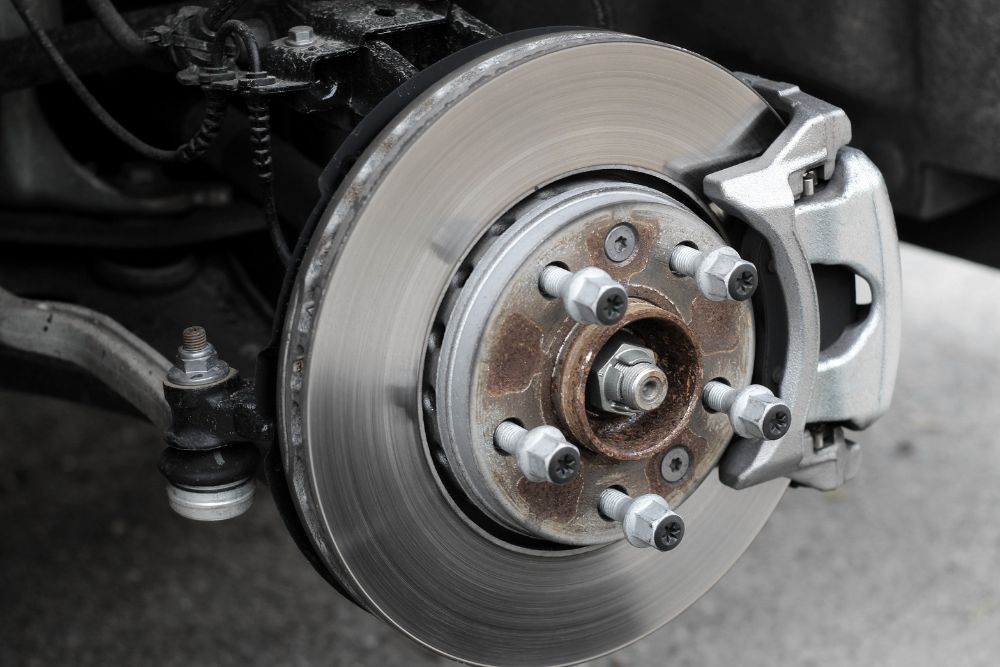When it comes to vehicle maintenance, brake repair is one of the most critical aspects to consider for both safety and performance. However, many drivers may not be aware of how weather conditions can impact their brakes. In this article, we will explore the various ways in which weather affects your brakes and provide valuable tips on how to protect them.
Extreme Heat
How It Affects Your Brakes:
- High temperatures can lead to brake fluid boiling, which in turn can cause decreased brake performance.
- Heat can accelerate brake pad and rotor wear, resulting in reduced braking efficiency.
- Warped brake rotors are more likely to occur in extreme heat conditions, leading to vibrations and pulsating brakes.
Tips to Protect Your Brakes:
- Have your brake fluid checked regularly and flushed if necessary to ensure optimal performance.
- Avoid riding the brakes downhill as this can generate excess heat.
- Periodically inspect and replace worn brake pads and rotors to maintain proper functionality.
Cold Weather
How It Affects Your Brakes:
- Cold temperatures can cause brake components to contract, leading to potential squeaking or squealing noises.
- Moisture buildup in brake fluid can freeze in cold weather, affecting brake responsiveness.
- Reduced brake effectiveness due to icy road conditions necessitates greater stopping distances.
Tips to Protect Your Brakes:
- Consider using a winter-grade brake fluid to prevent freezing in colder temperatures.
- Engage in gentle braking to warm up the brakes gradually in icy conditions.
- Keep your vehicle in a warm garage or use a block heater to minimize the impact of cold weather on brake components.
Wet Conditions
How It Affects Your Brakes:
- Wet roads can result in decreased friction between brake pads and rotors, leading to longer stopping distances.
- Water exposure can cause brake components to rust and corrode, compromising their lifespan.
- Hydroplaning can occur, reducing the effectiveness of braking systems in wet conditions.
Tips to Protect Your Brakes:
- Slow down and increase following distance in rainy weather to allow for safe braking.
- Dry off brakes by applying light pressure after driving through standing water.
- Regularly inspect and lubricate brake components to prevent rust and corrosion in wet conditions.
Salt and Road Debris
How It Affects Your Brakes:
- Salt from winter road treatments can accelerate corrosion on brake components, compromising their integrity.
- Road debris such as gravel and sand can cause damage to brake pads and rotors, reducing their effectiveness.
- Excessive buildup of debris in brake calipers can impede proper brake function.
Tips to Protect Your Brakes:
- Wash your vehicle regularly, especially the undercarriage, to remove salt and debris buildup.
- Avoid driving aggressively over potholes and rough roads to prevent damage to brake components.
- Schedule regular brake inspections to address any issues caused by salt and road debris exposure.
Final Thoughts
Being aware of how weather conditions can affect your brakes is essential for maintaining a safe and reliable vehicle. By following the tips provided in this article, you can protect your brakes from the damaging effects of extreme heat, cold weather, wet conditions, salt, and road debris. Remember, proactive maintenance is key to ensuring optimal brake performance and overall road safety.

